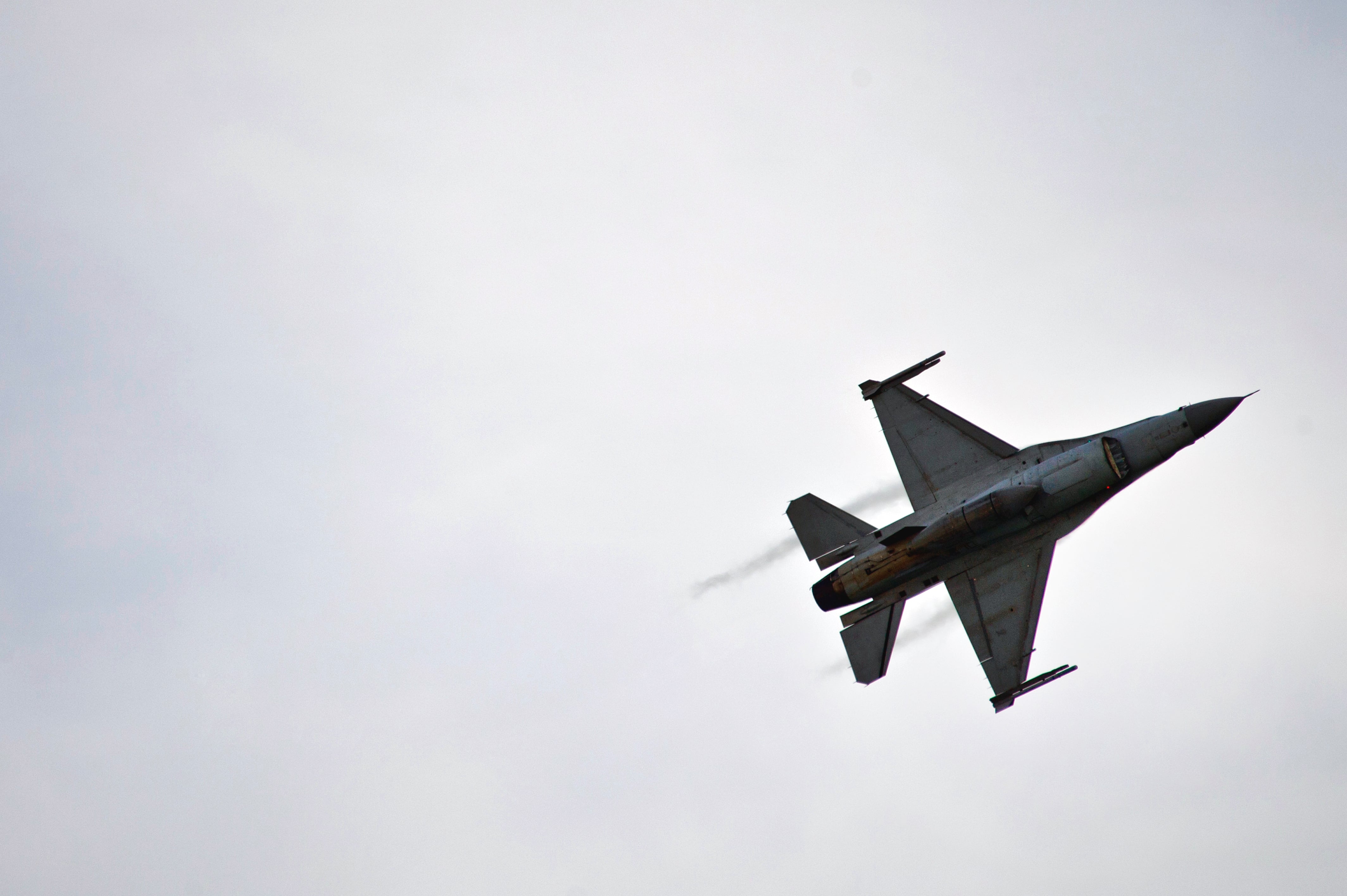COPENHAGEN, Denmark ― For years, Denmark’s F-16 fighter jet fleet has been a common sight for deployments and operations abroad. But as it is replaced by the F-35 in the next decade, fiscal and personnel realities mean that Copenhagen will have to hit pause on international operations for its fighters.
It’s not a choice that the country has taken lightly, said Maj. Gen. Anders Rex, Denmark’s chief of the air staff.
“We all want to be efficient and effective and be doing our part, but I think it’s very understandable to anyone that you can’t do both,” Rex told Defense News in June. “You can’t do a transition from one jet to another just like this, just like a blink of the eye.”
“It’s a short period of time, three years is not a lot,” he added. “I think it will work for us.”
The interview with Rex was conducted during a trip organized and funded by the Atlantic Council. Defense News, like other outlets, accepted travel and accommodations during the trip.
Denmark has agreed to purchase 27 F-35A models. First delivery of the jets to Luke Air Force Base, Arizona, is scheduled for 2021, with the first jet arriving in Denmark in 2022.
RELATED

The current plan is for that pause to last from 2022-2024, but that may slip six months to the right because of a recent change in basing for the F-35s, Rex said.
While some training exercises will be allowed, missions such as NATO’s air-policing mission will be without a Danish presence for that time period.
Part of Denmark’s challenge is demographic. With no mandatory retirement in its military and limited resources, the Royal Danish Air Force relies on a largely stagnant workforce. By the time the F-35 is online, the average pilot age will be 45, with maintainers somewhat older.
But if pilots are being taken off the F-16 and retrained on the F-35, it means limited pilots available to fly those older jets ― hence, part of the rationale for the drawback from international operations.
“It’s a lot more expensive to train young, inexperienced, non-fast jet pilots on the F-35 than it is to train an experienced fast jet pilot on the F-35,” Rex said. “And so we are working hard to make the best of the resources that we have and try to make it work to our advantage.
“It’s not a disadvantage to have experienced pilots. It’s never a disadvantage to have pilots.”
Aaron Mehta was deputy editor and senior Pentagon correspondent for Defense News, covering policy, strategy and acquisition at the highest levels of the Defense Department and its international partners.








